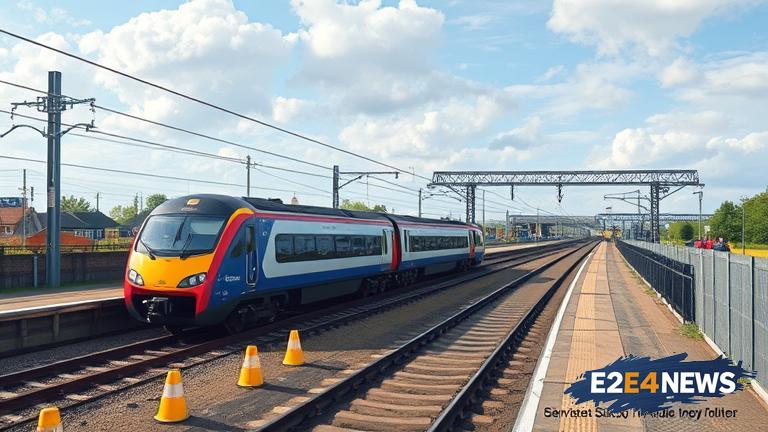The High Speed 2 (HS2) project, a high-speed rail link connecting London to Birmingham, Manchester, and Leeds, is facing significant challenges on its road to redemption. Despite being one of the most ambitious infrastructure projects in the UK, HS2 has been plagued by delays, cost overruns, and opposition from local communities. The project’s initial estimated cost of £55.7 billion has ballooned to over £88 billion, making it one of the most expensive rail projects in the world. The HS2 project has been criticized for its lack of transparency, with many questioning the true cost and benefits of the project. Furthermore, the project has faced opposition from local communities, who are concerned about the impact of the rail link on their homes, businesses, and environment. The project’s route has been altered several times, causing frustration and uncertainty among affected communities. In addition, the project has been delayed several times, with the latest estimate suggesting that the first phase of the project will not be completed until 2031. The UK government has faced criticism for its handling of the project, with many accusing it of mismanaging the project and failing to provide adequate funding. The project’s future is also uncertain, with some calling for it to be scrapped altogether. Despite these challenges, the UK government remains committed to the project, citing its potential to boost economic growth, create jobs, and reduce carbon emissions. However, with the project’s costs continuing to rise and opposition from local communities showing no signs of abating, it remains to be seen whether the HS2 project will ever be completed. The project’s success will depend on the government’s ability to address the concerns of local communities, provide adequate funding, and ensure that the project is delivered on time and within budget. The HS2 project is a complex and challenging undertaking, requiring careful planning, coordination, and management. If successful, the project could have a significant impact on the UK’s economy and environment, but if it fails, it could become a costly and embarrassing debacle for the UK government. The project’s fate will be closely watched in the coming years, as the UK government attempts to navigate the complex web of challenges and obstacles that stand in its way. The HS2 project is a testament to the challenges of delivering large-scale infrastructure projects, and its outcome will have significant implications for the UK’s transport network and economy. As the project continues to evolve, it is likely that new challenges and obstacles will arise, requiring the UK government to be flexible and adaptable in its approach. Ultimately, the success of the HS2 project will depend on the government’s ability to balance the needs of local communities, the environment, and the economy, while also ensuring that the project is delivered on time and within budget.





